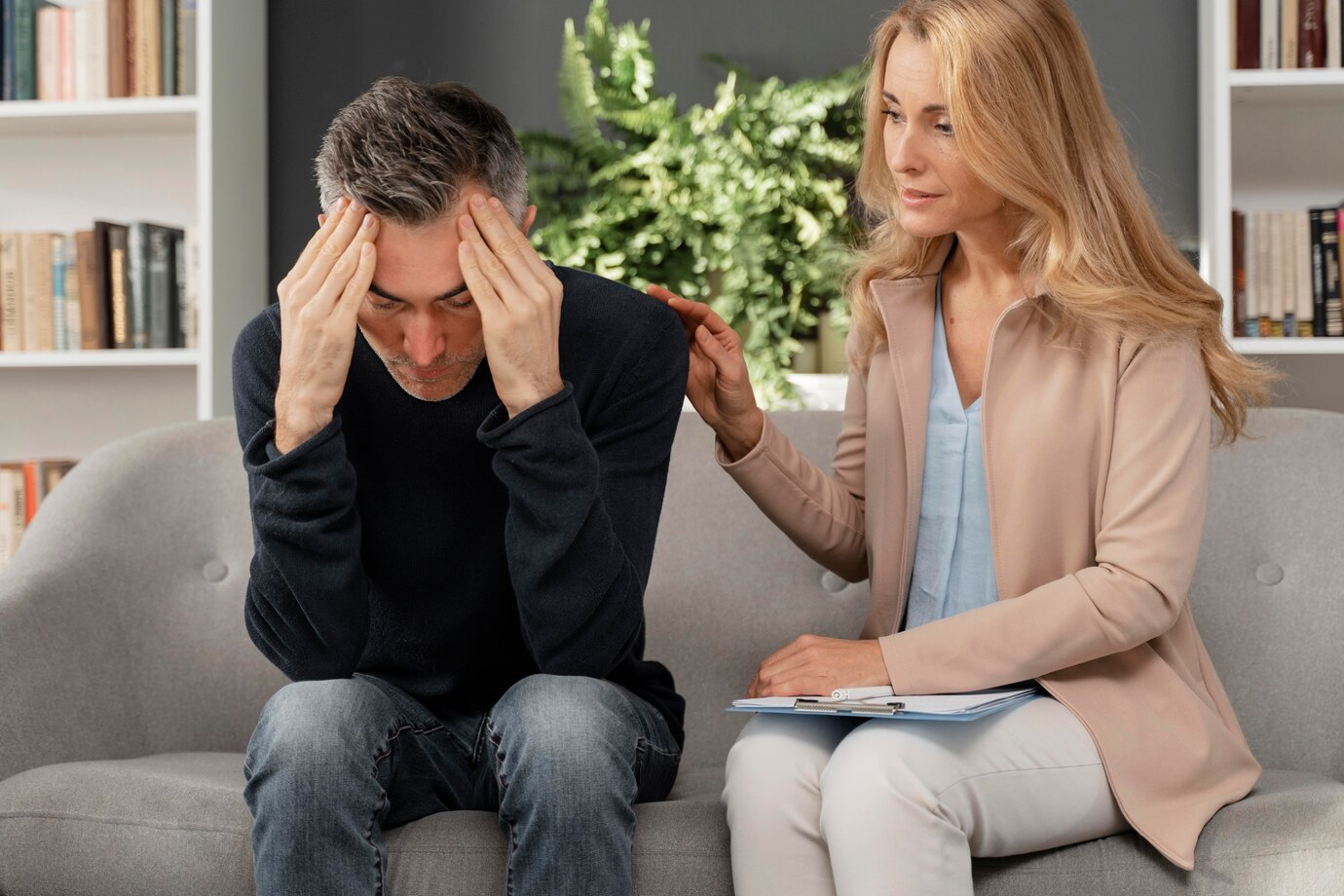
Anxiety and depression are common mental health conditions that can affect every aspect of life, from your relationships and career to your physical well-being. While everyone experiences occasional stress or sadness, persistent or severe symptoms may indicate a deeper issue that requires professional help. But how do you know when it’s time to consider counseling? Let’s explore some signs that anxiety and depression counseling might be the right step for you.

1. Your Symptoms Are Persistent and Overwhelming
If feelings of anxiety or depression last for weeks or months, it may be time to seek counseling. Common signs include constant worry, sadness, irritability, fatigue, or difficulty concentrating. If these feelings are affecting your daily life, it’s essential to address them before they worsen.
2. Everyday Tasks Feel Unmanageable
When anxiety or depression makes even basic activities like getting out of bed, going to work, or socializing feel overwhelming, this is a clear sign you could benefit from counseling. Struggling to maintain your normal routine is an indication that professional support is needed.
3. You’re Experiencing Physical Symptoms
Anxiety and depression don’t just affect your mind; they can also take a toll on your body. Physical symptoms like headaches, digestive issues, muscle tension, and sleep disturbances are often linked to mental health. If you’ve noticed a connection between your emotions and physical well-being, counseling can help you manage these symptoms more effectively.
4. Coping Mechanisms Are No Longer Effective
If your usual ways of dealing with stress, such as exercising, talking to friends, or practicing relaxation techniques, no longer seem to help, it may be time to turn to a professional. Anxiety and depression counseling can provide new tools and strategies for managing your mental health more effectively.
5. Your Relationships Are Suffering
When mental health challenges begin to strain your relationships with loved ones, coworkers, or friends, it’s a sign that professional help might be necessary. Anxiety and depression can lead to isolation, irritability, or emotional distance, which counseling can address by helping you communicate and manage your emotions.
6. You’re Having Trouble Identifying the Cause
Sometimes, anxiety or depression feels like it’s coming from nowhere, making it difficult to understand the root of the problem. Counseling provides a safe space to explore your feelings, identify triggers, and develop coping strategies.
7. You’re Relying on Unhealthy Habits to Cope
Turning to unhealthy coping mechanisms such as substance abuse, overeating, or excessive screen time is a red flag. Anxiety and depression counseling can help you break these patterns and replace them with healthier alternatives.
8. You’re Thinking About Hurting Yourself
If you’re experiencing suicidal thoughts or feelings of hopelessness, it’s critical to seek immediate help. Professional counseling, along with support from loved ones, can provide the guidance and intervention needed to navigate these difficult emotions.
Conclusion
If any of these signs resonate with you, it may be time to consider anxiety and depression counseling. Seeking help is a powerful step toward better mental health and overall well-being. Remember, you don’t have to face anxiety and depression alone—professional counseling offers the support, tools, and strategies you need to regain control of your life.







